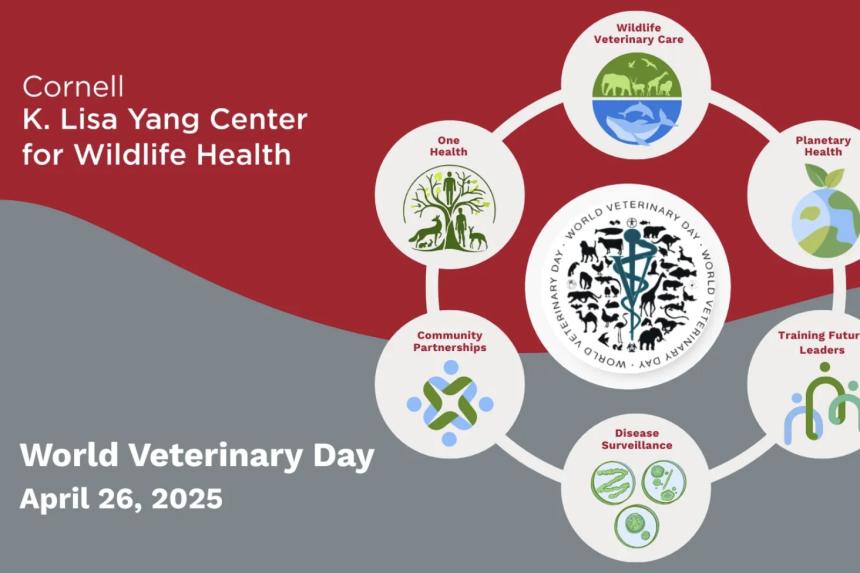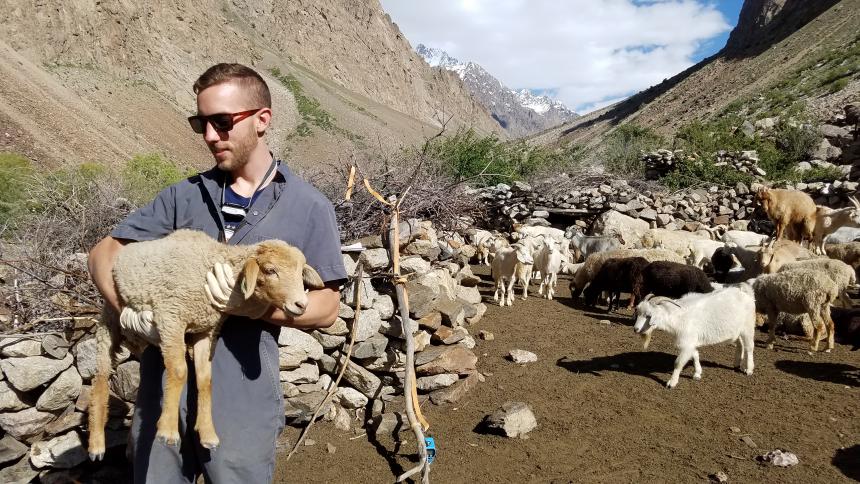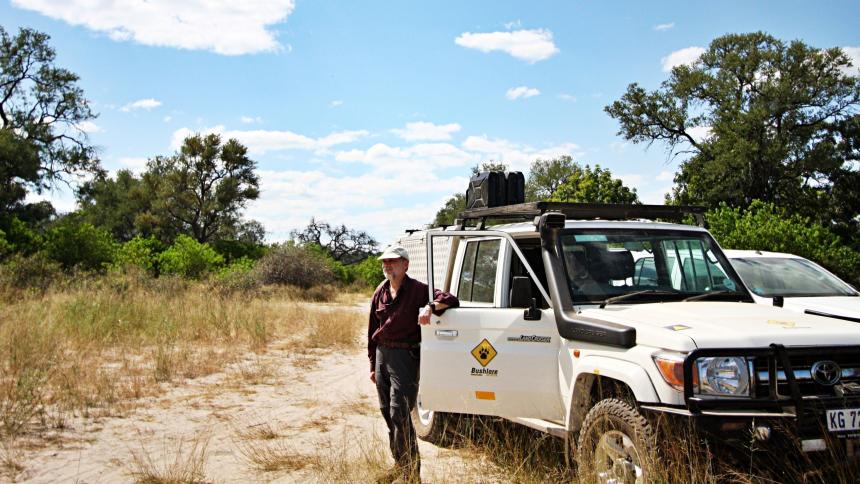In the News

April 26, 2025
On World Veterinary Day this year, we are celebrating Cornell's wildlife and ecosystem health teams and their tireless efforts to build a healthier future for wildlife, people, and planet.

Podcast
August 22, 2024
Tigers, leopards and now one-horned rhinos. Dr. Martin Gilbert studies them all. As a wildlife veterinarian and epidemiologist at Cornell, Dr. Gilbert has investigated infectious diseases and mysterious mass die-offs all over Asia. Check out this latest podcast featuring his work.

Podcast
June 13, 2024
On this Cornell Veterinary Podcast, Dr. Martin Gilbert discusses his decades-long experience working in the nonprofit sector and in academia on international wildlife conservation projects in settings as diverse as Greenland, Papua New Guinea and Madagascar.

Video
April 12, 2024
In this eCornell keynote presentation, Dr. Martin Gilbert, Helen Lee, and Laura Bernert from the Cornell K. Lisa Yang Center for Wildlife Health share their fieldwork experiences in Asia and help illustrate how the health of wildlife and our own health and well-being are inextricably linked.

February 14, 2024
Cornell University’s College of Veterinary Medicine announced a gift of $35 million to support the Cornell Wildlife Health Center, which has been renamed to the Cornell K. Lisa Yang Center for Wildlife Health in recognition of the scale of commitment to planetary health from the donor, Lisa Yang.

January 30, 2024
A transformational gift from philanthropist and Cornell alumna K. Lisa Yang ’74 will endow and rename the Cornell Wildlife Health Center as the Cornell K. Lisa Yang Center for Wildlife Health at the College of Veterinary Medicine.

August 09, 2023
Helen Lee, assistant director of wildlife health and health policy at the College of Veterinary Medicine, talks about the many different responsibilities of her role and the journey that led her back to Cornell where she feels her work is making a difference for wildlife and conservation.

July 06, 2023
At an altitude of 13,000 feet, I’m strangely captivated by the beads of water collected on the ceiling of my thin nylon shelter. An individual drop slowly swells and parts from its neighbors, plummeting down and crashing on the surface of my sleeping bag....

March 22, 2023
I vividly remember the night before I left for Tajikistan; I was nervous, excited, and utterly exhausted. I had just finished wrapping graduation gifts for my roommates and had just about moved everything out of where I was living for the last two years (including my bed)....

January 18, 2023
From Ithaca to the plains of southern Africa, the Cornell Wildlife Health Center is working to heal the natural world. Launched in 2020, the center was formed to unite Cornell’s leading wildlife health professionals under a common mission: to repair the fractured relationship between people and nature.
